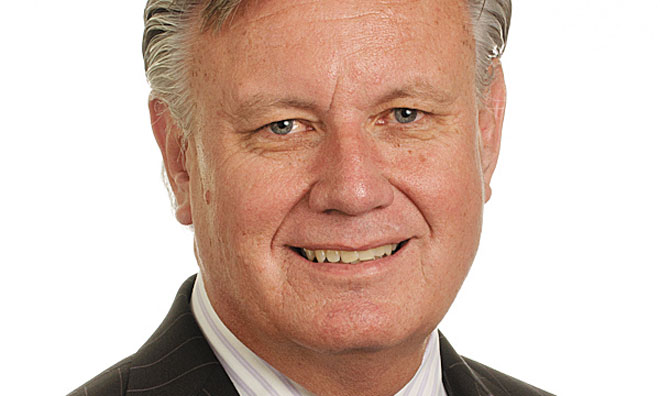
Rob Leslie: Scanning the Fiscal Horizon
Rob Leslie of Arizona State University sees associations grappling with a changing revenue mix, the need for a better leadership pipeline, and the question of reserves.
Rob Leslie, CPA, has spent more than 25 years working with nonprofits. Currently, he provides public accounting and financial services to nonprofits as a partner at Eide Bailly in Phoenix. He also is a faculty associate at the Nonprofit Management Institute at Arizona State University’s Lodestar Center for Philanthropy & Nonprofit Innovation, where he teaches courses on nonprofit financial management. Associations Now captured Leslie’s thoughts on how associations have managed in the slow economy and what the financial future may look like.
What’s an example of a major emerging issue in the financial management of associations?
The change of the revenue mix. Different associations have a different mix of revenues, whether it’s membership dues or education or other activities they do. If you’re an association that provides education and training, the competition in that space is increasing, whether it’s through internet-based training or in-house training.
What are the biggest issues for associations and nonprofits in the congressional tax reform debate?
The constant battle associations face with Congress is whether they should be tax exempt, either in total or in part. [Congress has] been trying to make investment income taxable. Congress is looking for revenue sources from nonprofits, especially from those that aren’t in that [realm] of a charity providing health and human services. They might also do something with deductibility of certain donations … although when you look at the demographics of giving, most people aren’t giving for the tax deduction.
Is fundraising still a challenge in the sluggish economy?
I think it’s a geographic issue. There’s been a huge hit in Phoenix, for example, compared to Washington, DC. There’s the synergy of the housing meltdown and the underemployment and unemployment rates [in Phoenix]. And we have a large retired population who become restrictive on giving when their returns on investment are low. There have been changes in where that money is going. Is it going to arts and culture, or is it going to emergency needs—food, shelter, and that type of thing?
What is your advice on reserves?
The first philosophical hurdle is do we even need reserves? This is a bigger issue in the public charity world, where the [thinking] is that we have these donor dollars, and it’s incumbent on us to put them into programs. But a lot of those organizations … are now in the camp of wanting some reserves. This downturn has caused a lot of people to rethink their philosophy.
The next question is how much? Three months, six months, a year? It depends on the revenue mix and how quickly an organization can expand or contract. Another variable is debt. Do I not only need reserves for operating expenses but also for a debt service?
What should association executives pay more attention to on the financial front?
People often are put into leadership roles, into the C-suite, because they have tenure with the organization or they are really good at a program or the clinical side of things. But they really don’t know how to run a business. In the class I teach, I tell my students that you never fall back on your tax-exempt status as a nonprofit as a reason for a bad business practice. It goes back to the talent pool and needing good solid education and training in [nonprofit management].





Comments